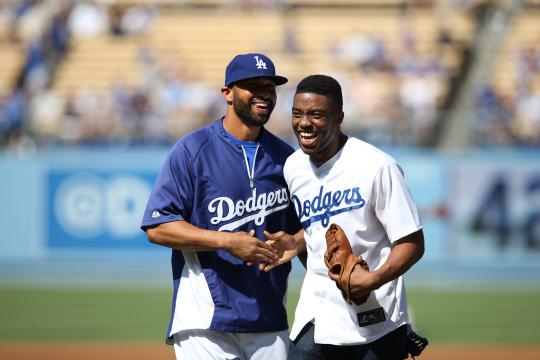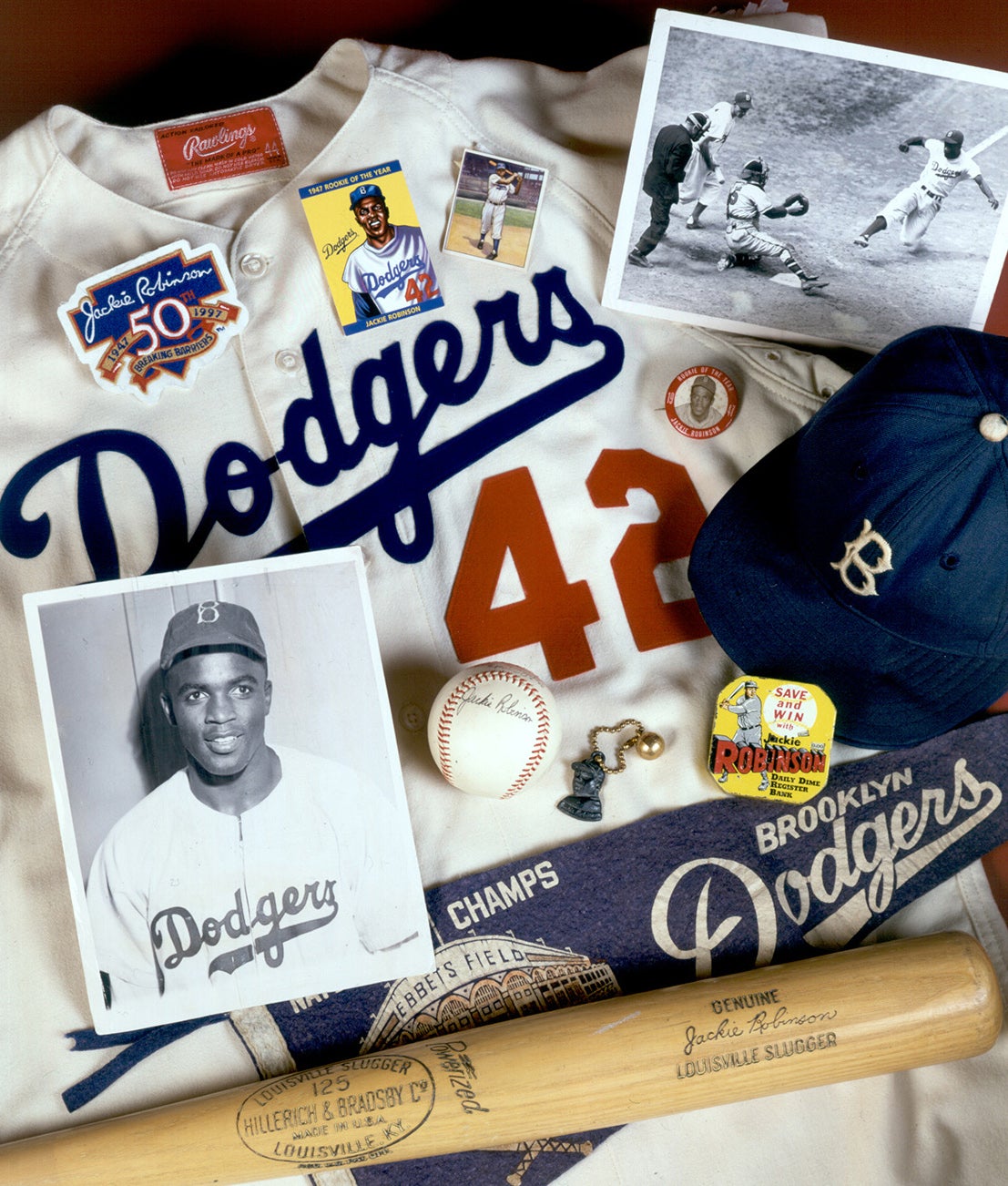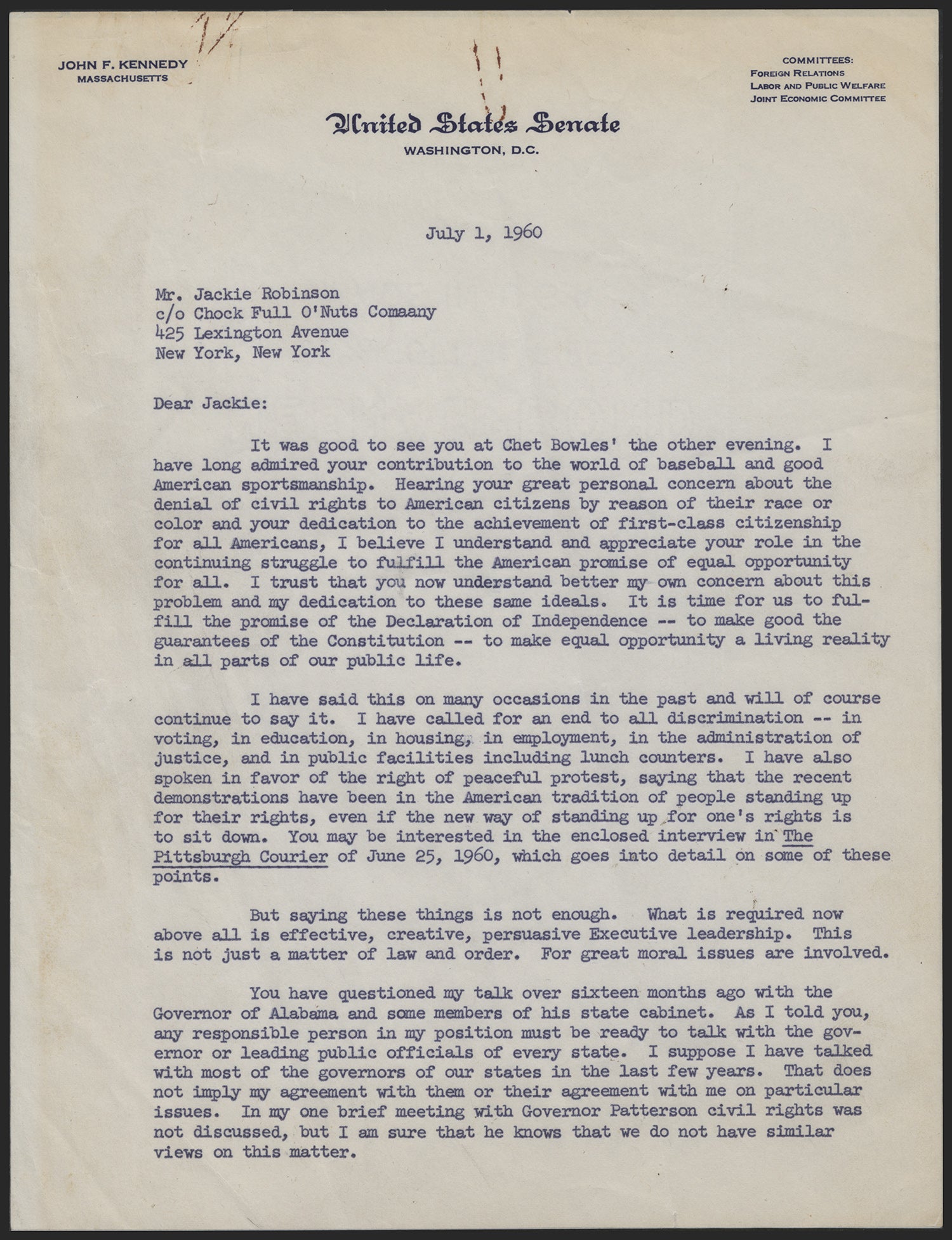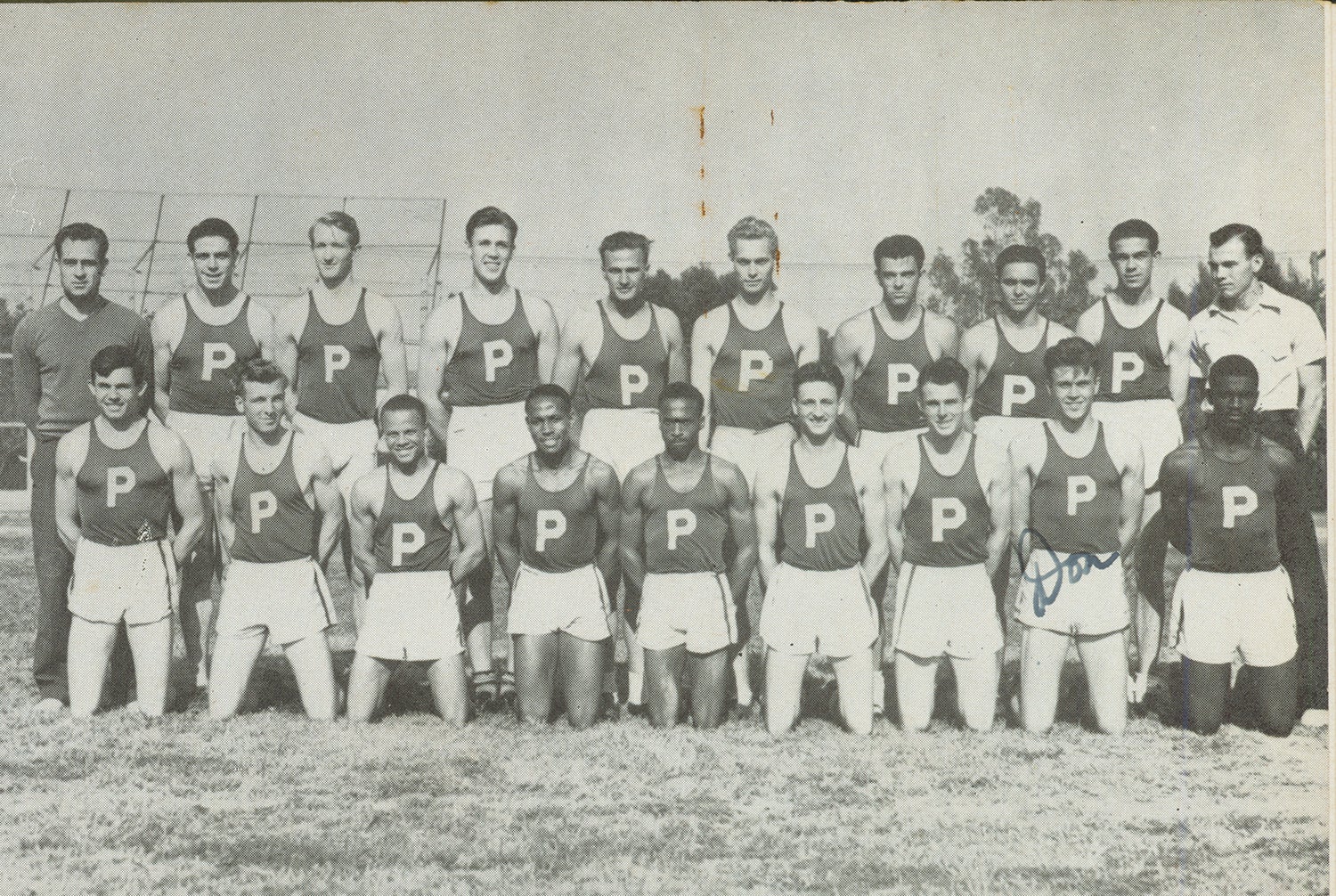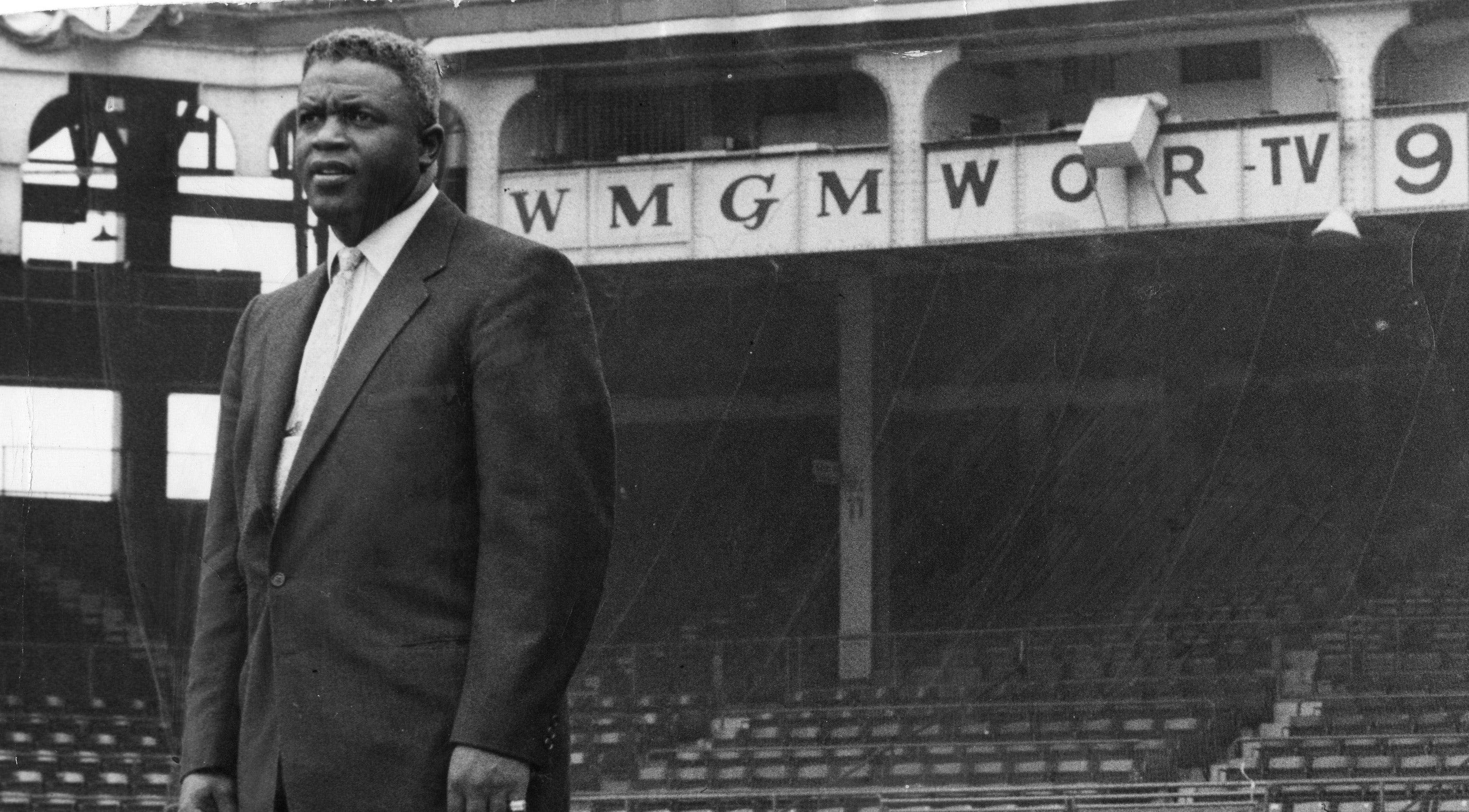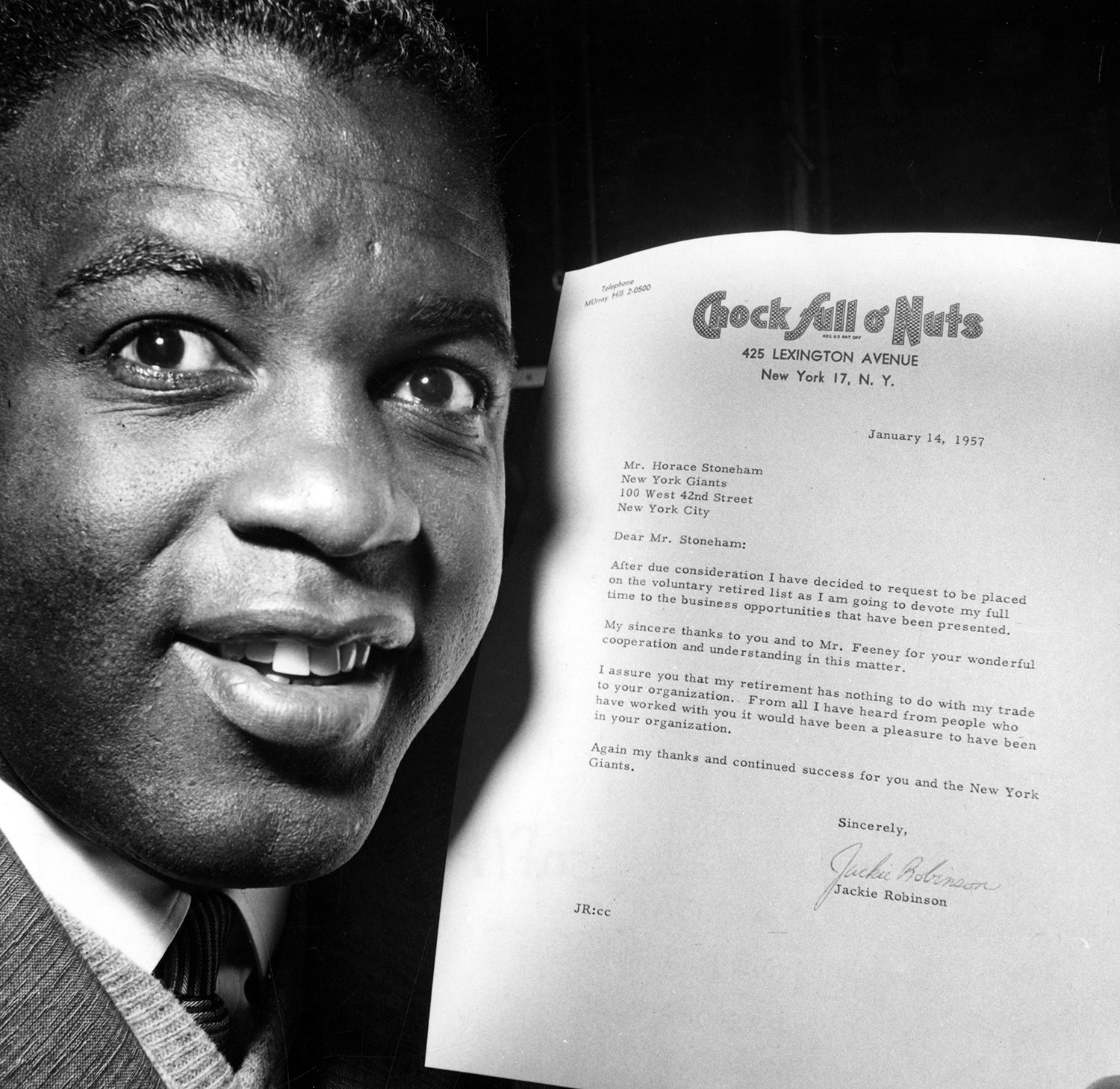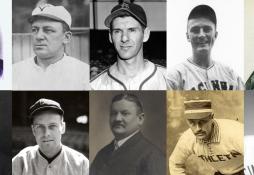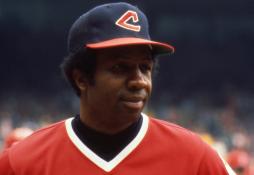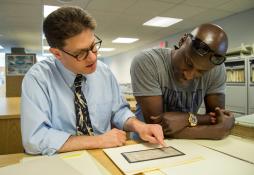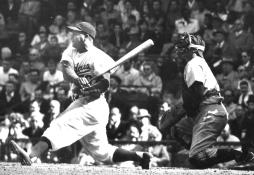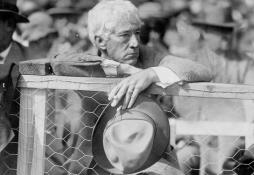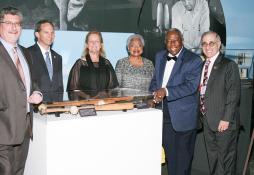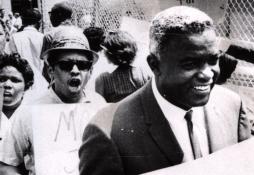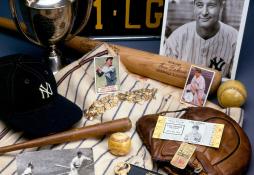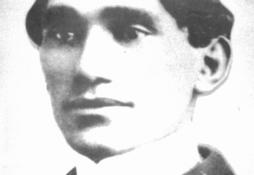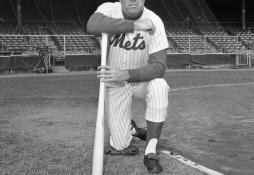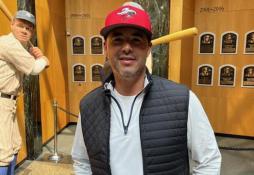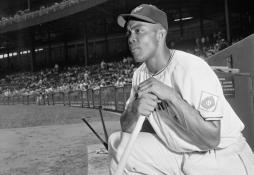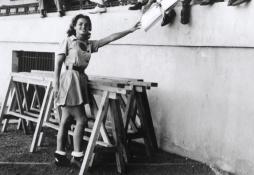#Shortstops: The guts not to fight
A career in the major leagues is an alluring dream for any passionate ballplayer. But for Jackie Robinson, the excitement of a major league career was tempered by racial discrimination and injustices. To make this even more challenging, Robinson was expected to contain his anger and frustration in the midst of great adversity on and off the field.
Dodgers Gear
Represent the all-time greats and know your purchase plays a part in preserving baseball history.
Hall of Fame Membership
There is no simpler, and more essential, way to demonstrate your support than to sign on as a Museum Member.
For instance, teammate Dixie Walker instigated a petition against playing with Robinson. Similarly, Philadelphia Phillies manager Ben Chapman unrelentingly hurled racial slurs and insults toward Robinson. As depicted in the film, Robinson and Chapman were later asked to pose together for an orchestrated photograph in order to alleviate poor press as a result of Chapman’s insults.
In 42, the scene portraying Robinson’s endurance of Chapman led to the climax of the film. In this scene, Boseman’s Robinson strikes out while absorbing Chapman's insults. Although Robinson remains composed on the field, he retreats to privately release his anger and frustration. The fictionalized scene depicts Robinson violently smashing a bat and finally breaking into tears with Rickey stepping in to console him. Although this did not happen in real life, it was meant to convey the weight of Robinson’s pent up frustrations. Boseman felt the scene was justified given the fact that Robinson’s wife, Rachel Robinson, did not protest about its inclusion in the film.
On April 15, 1997, Major League Baseball retired the uniform No. 42 in honor of the 50th anniversary of Robinson’s National League debut. Jackie Robinson Day is honored on April 15 each year, with all MLB players wearing No. 42.
Although elements of 42 are dramatized, the film appropriately captures Robinson’s courage in making tremendous strides to break baseball's color barrier. Robinson illustrated his great strength of character and “guts,” as Rickey described, to remain controlled and calm in the face of adversity.
Nikki Humphries was the 2023 digital assets intern in the Hall of Fame’s Frank and Peggy Steele Internship Program for Youth Leadership Development

